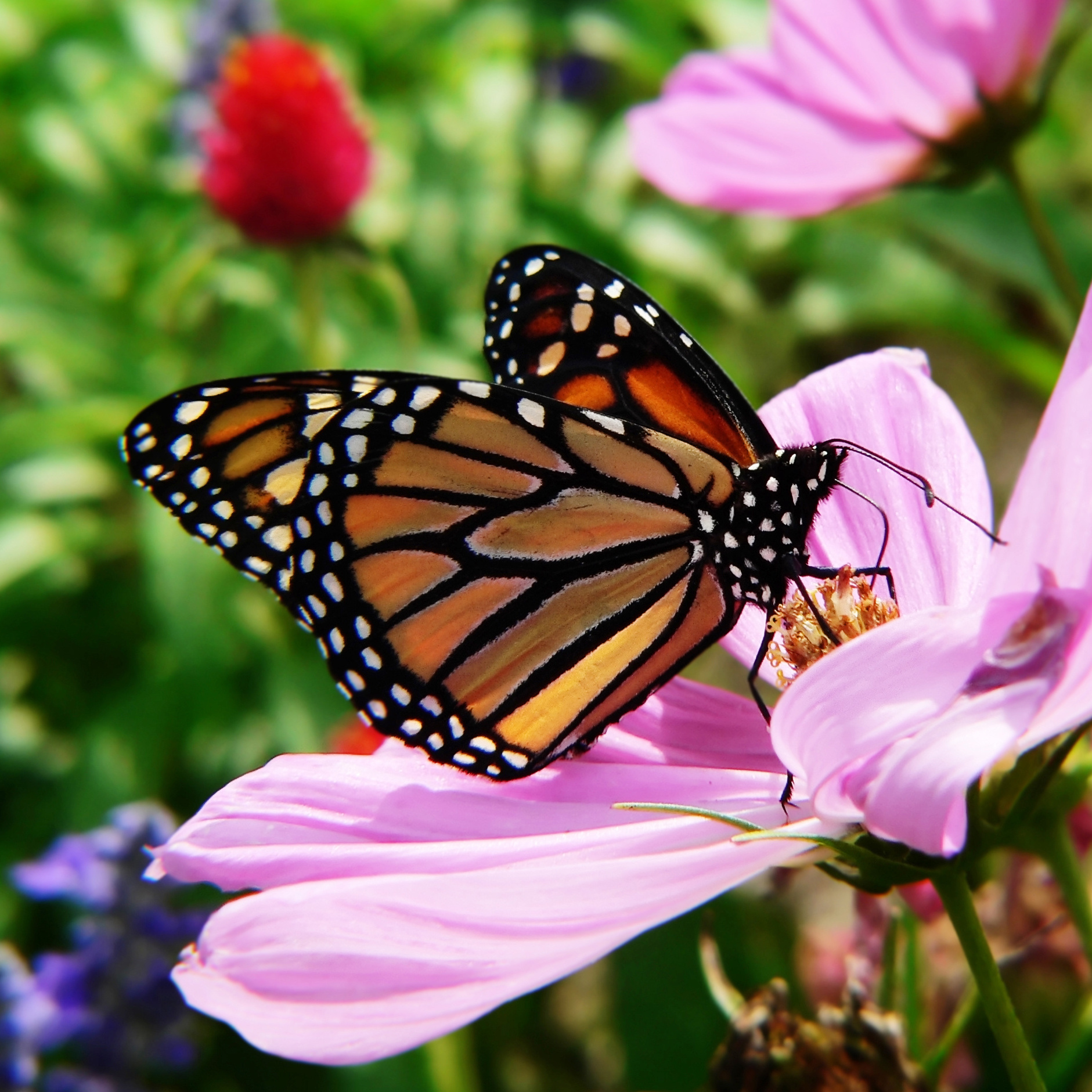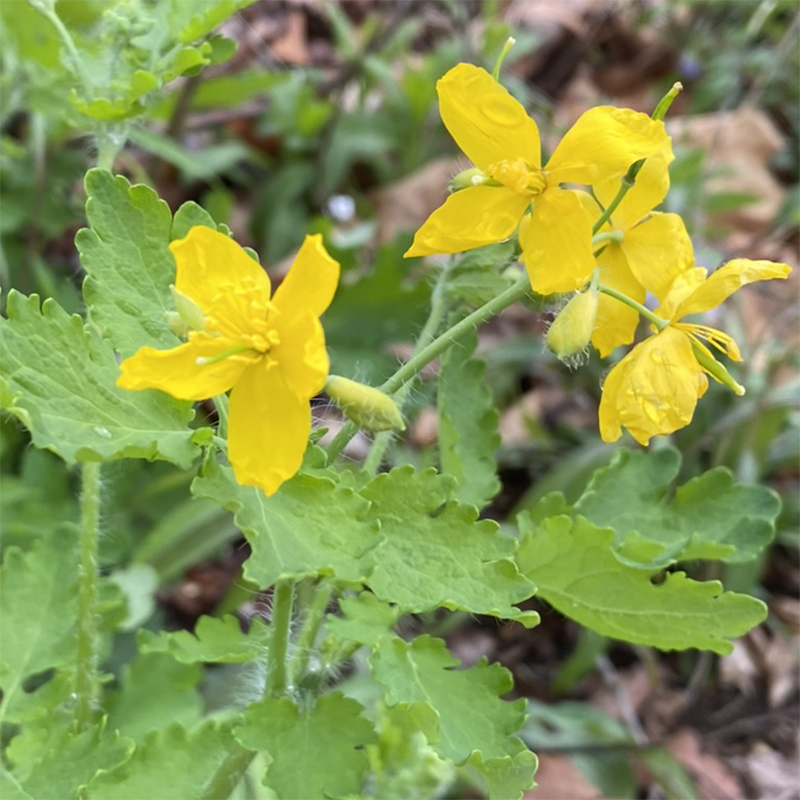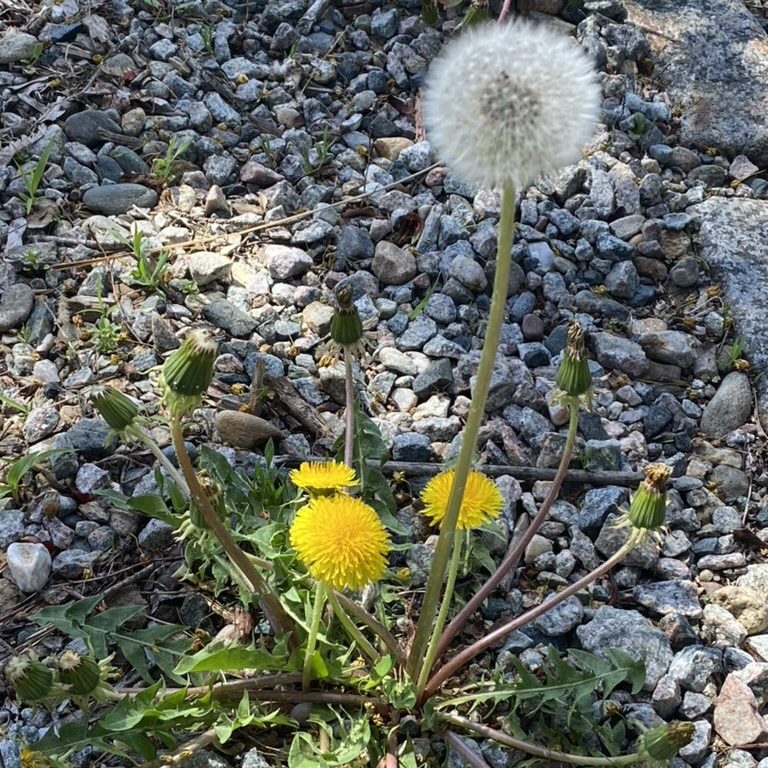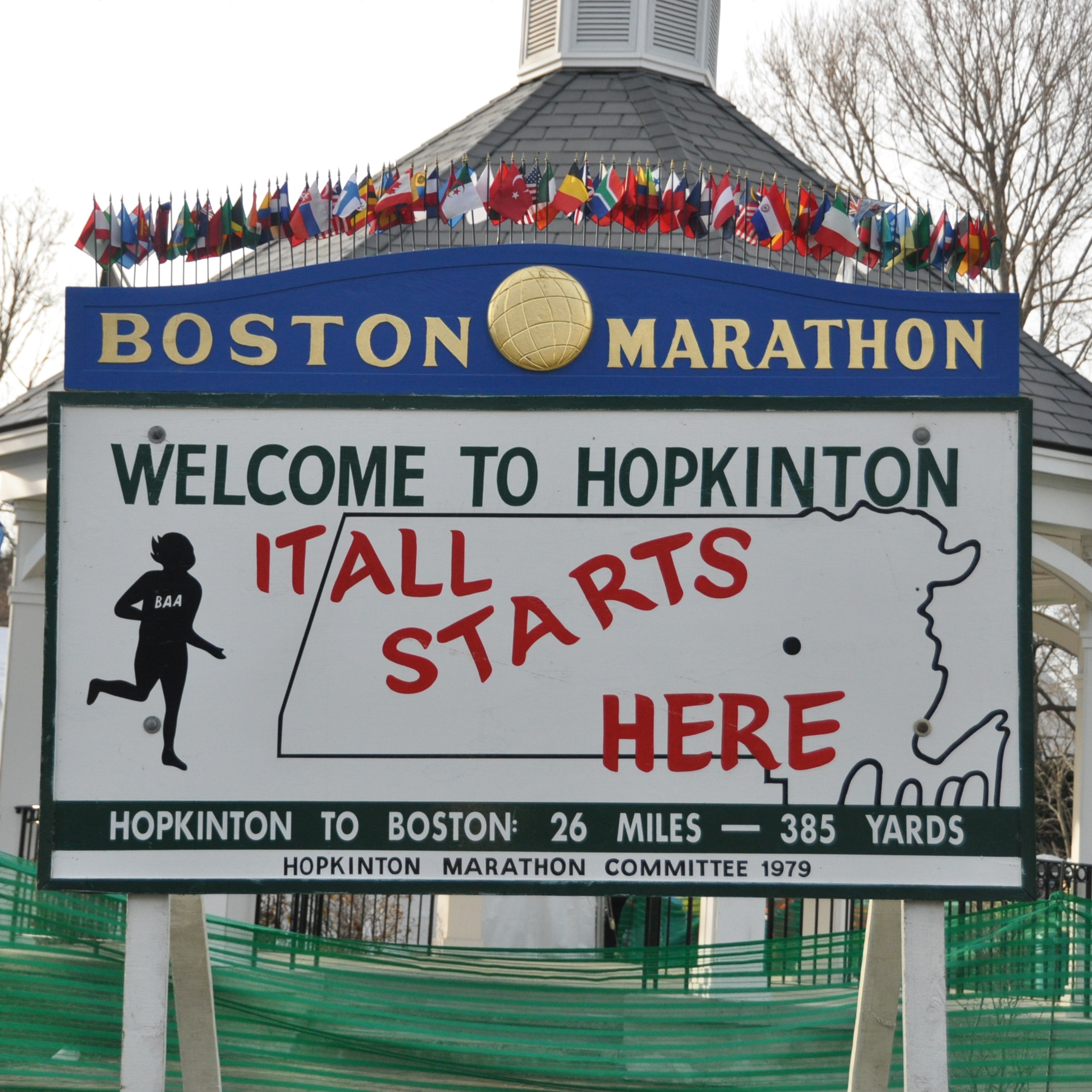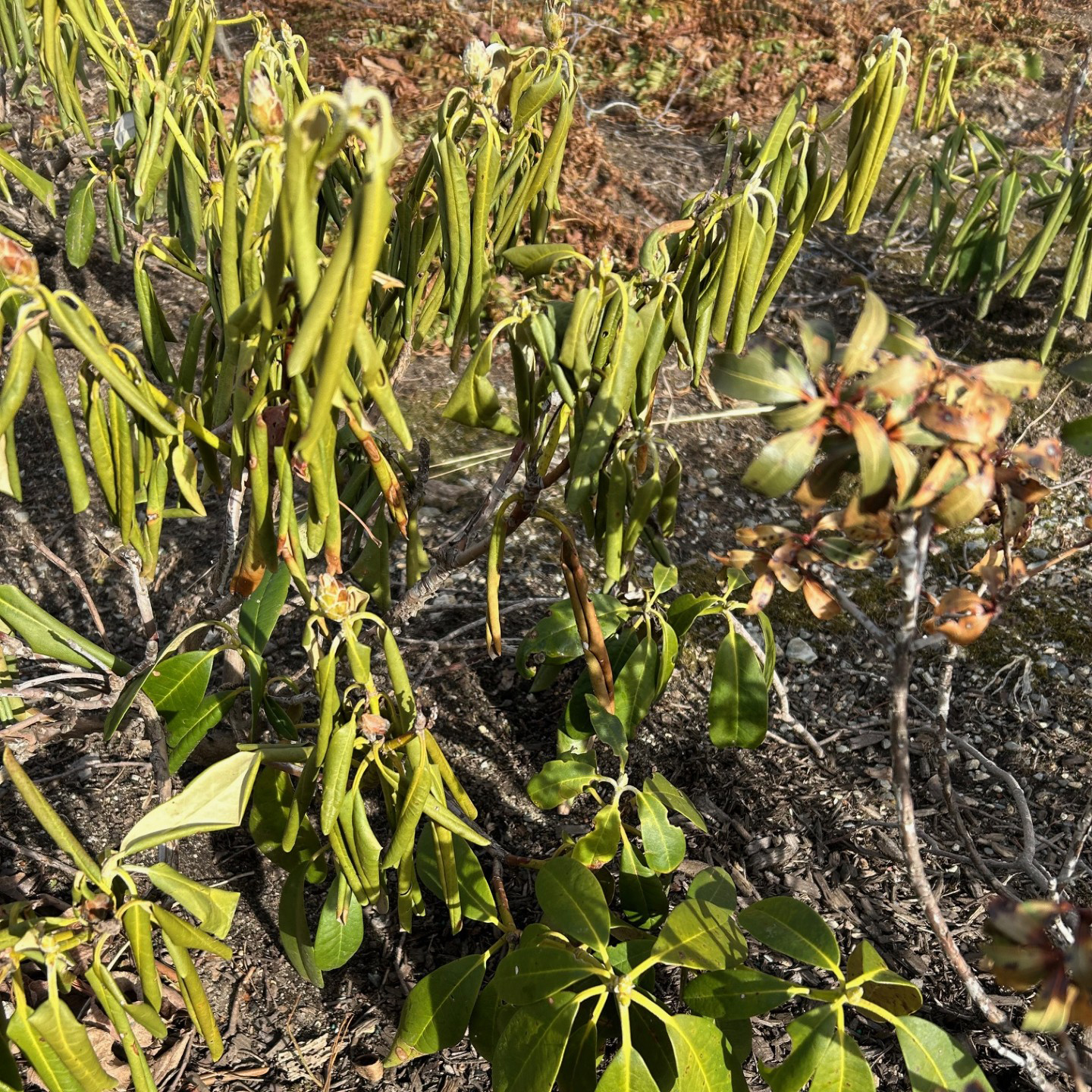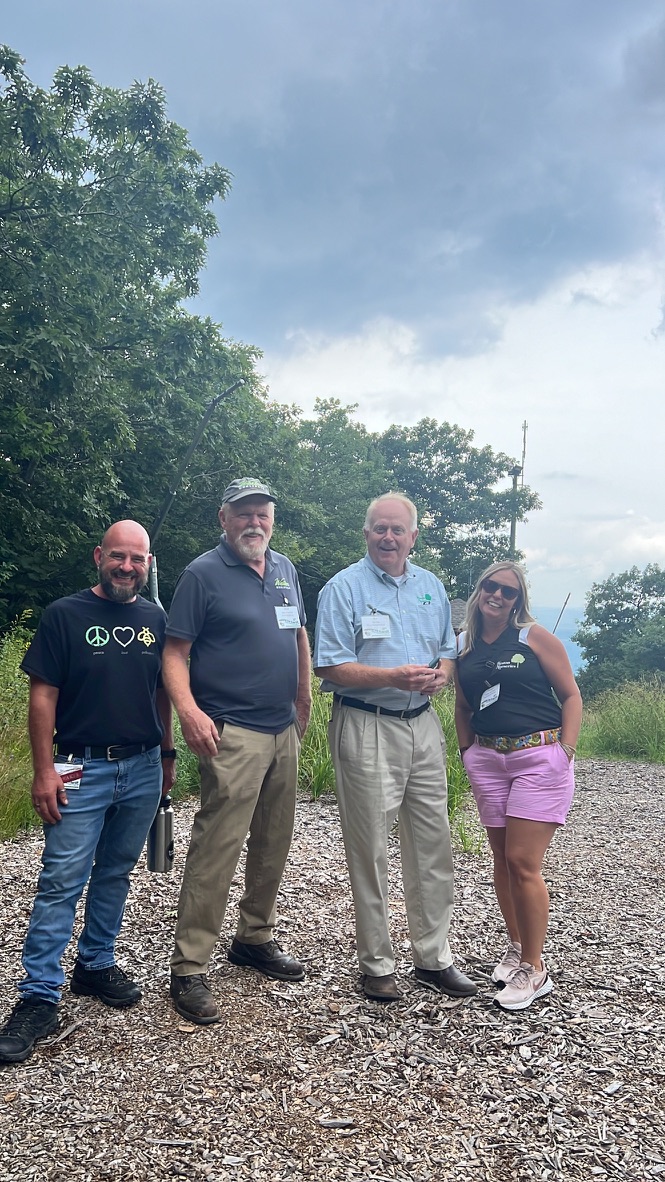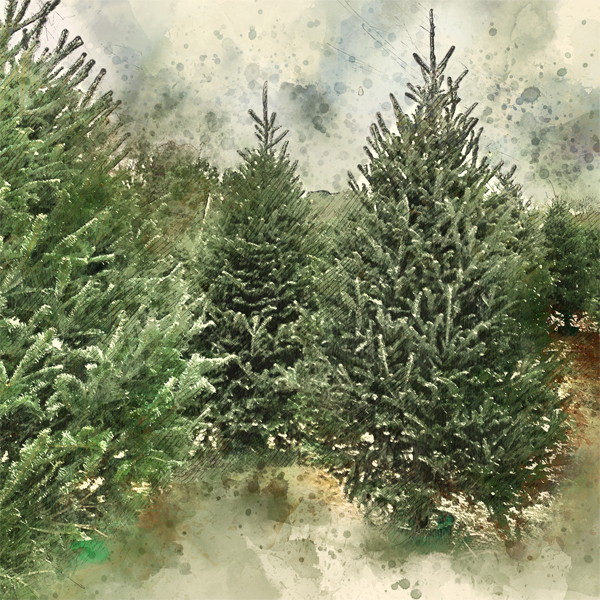
By R. Wayne Mezitt
Looking at the wide variety of the artificial Christmas trees now being sold at Big-Box stores, it can be hard to tell they’re not real—at least from a distance. Their ads and display information promote the convenience of “Real-Feel” artificial trees, using natural-appeal-marketing terminology like “realistic”, “true needle” and “natural series”, along with “pre-lit”, “scent stick”, “fire-retardant” technology. Many vendors offer enticing choices online for an even-more-convenient shopping experience. Given all the time and bother a real live tree requires, what could be easier or more expedient than using a “permanent” tree during this busy time of year?
Certain situations require the substitution of an artificial tree for real: the trees on display at Mass Hort’s annual Festival of Trees and inside our store are artificial; that’s an unfortunate necessity because Massachusetts law prohibits indoor cut live trees at a public event. But from my perspective, those of us who understand and appreciate the value of nature should be making a more compelling commitment to using real Christmas trees whenever we can. And fortunately nurseries, garden centers, big-box stores, community/service organizations and individuals continue to offer widely-varied choices of live-cut trees (starting in recent years even before our Thanksgiving dinners are prepared!).
A measure of family commitment is surely involved with choosing, cutting, transporting, setting-up, decorating and removing a real Christmas tree, but the authentic aroma and touch of a natural tree is unmistakable. Significantly, this is the time of year the world recognizes the winter solstice and celebrates the changing seasons, nature’s annual pause for rest and contemplation, a natural time to enjoy the value of family and friends. Somehow using a fake tree in our home simply misses the point.
Without question, an artificial tree requires minimal effort to set up and put back into the box for another use; but largely comprised of non-biodegradable polyvinyl chloride (PVC), when it outlives its usefulness, disposal is not beneficial to the environment. Most artificial trees are manufactured in factories outside the USA and the materials used to construct them deteriorate over time.
Admittedly not all real trees offered at Christmas are locally grown, but they’re all sustainably produced on farms in the USA and their sale supports local endeavors. Another important aspect is that recycling the branches of a live tree after the holidays near your home for wildlife habitat or mulch makes it far more nature-friendly. Recently Governor Baker designated the Friday after Thanksgiving as “Green Friday”, recognizing of the value of Massachusetts Christmas tree growers to the environment and our economy, encouraging us to shop locally.
As environmentally-concerned consumers, our Christmas challenge is to choose between the value of a traditional real tree’s authenticity and the well-marketed convenience of “reusable” PVC. Certainly the expectations and rewards of using a real tree are different; they unmistakably represent what the Christmas season is truly about. It’s easy to show that you care about this festive season’s natural sustainability values—choose a real tree!


